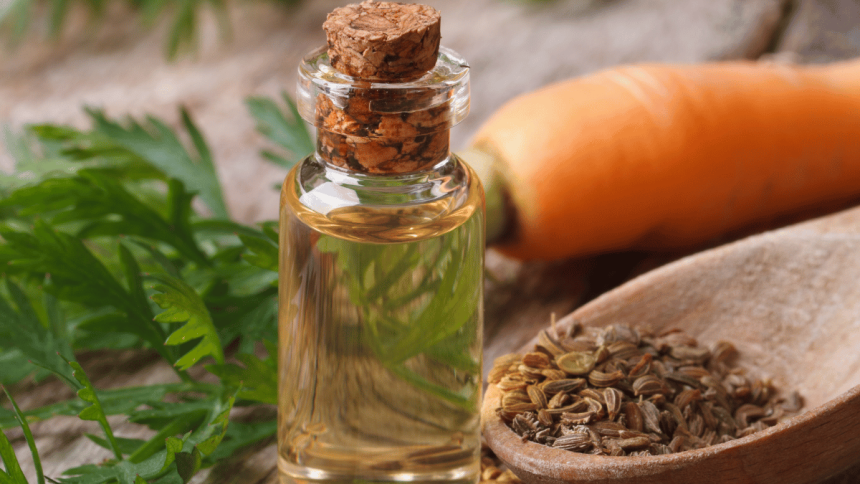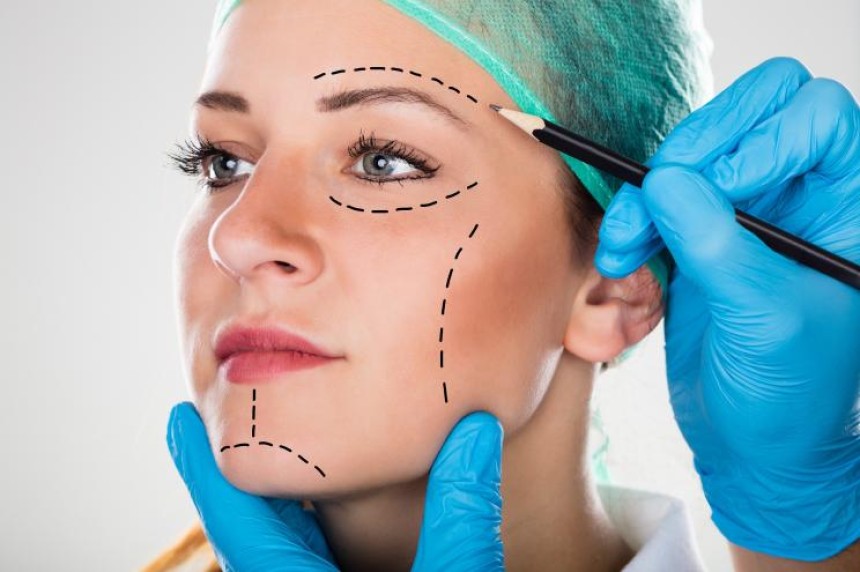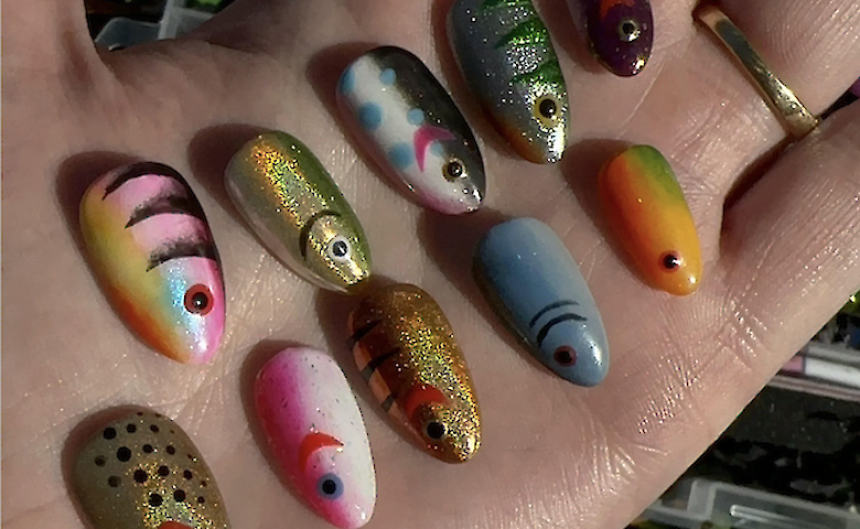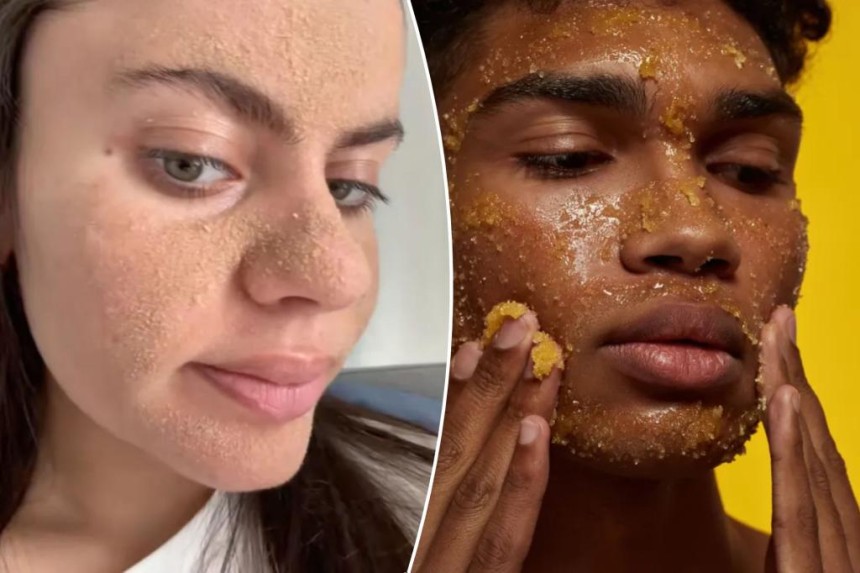
The Odd Allure (and Insidious Dangers) of the "Caveman" Skincare Movement
The caveman skin-care regimen initially seems like a joke. No cleansers, no serums, not even a little micellar water. Nothing at all. It seems counterintuitive to think that ignoring everything could somehow improve your skin, like fixing a leak by completely shutting off the plumbing.
However, there is a rising following for this minimalist approach. It is also no longer a fringe concept. Curiosity, incredulity, and a lot of comments were generated when TikTok inventor Tia Zakher revealed to her fans that she had stopped washing her face entirely in an attempt to repair a broken skin barrier. It was not trolling, Zakher. She then told People that she did not use a cleaner for weeks.
What is the caveman skin-care regimen, then? And might you really get more by doing less?
Really, What Is the Caveman's Routine?
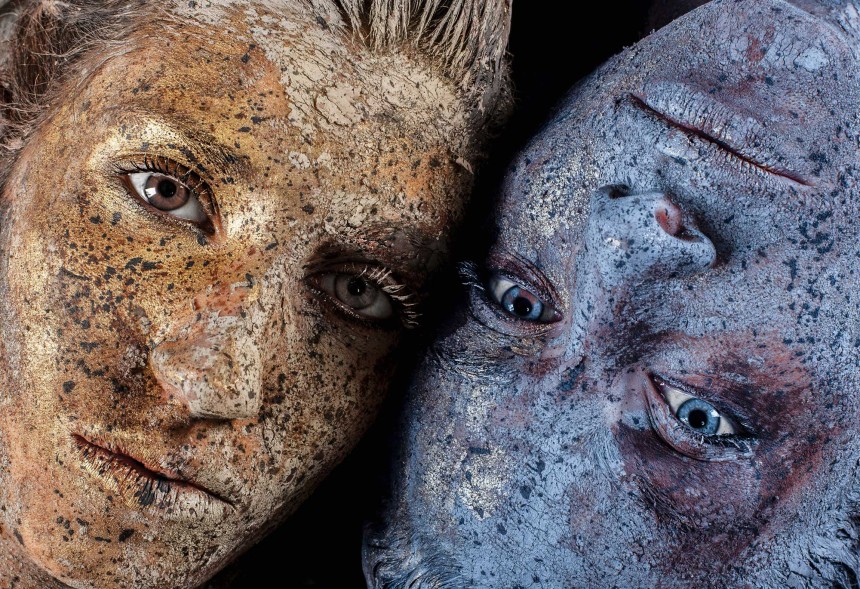
Fundamentally, the caveman method involves removing all cosmetics, including face cleanser, moisturizers, and exfoliants. Not even water, sometimes. Proponents contend that by stopping all products even the "gentle" ones you allow your skin to heal itself.
The hypothesis? It can be overdone by modern skin care. The microbiome and barrier of the skin may be disrupted by frequent cleansing and layering of active ingredients (acids, retinols, and vitamin Cs), leaving the skin raw, reactive, and prone to breakouts. In certain respects, the multi-step regimens that are prevalent in beauty culture are rebelled against by the caveman routine.
In a society that is fixated on more more hydration, more radiance, more perfection—it is also a call for simplicity.
The Hope: A Repaired Obstacle, Naturally
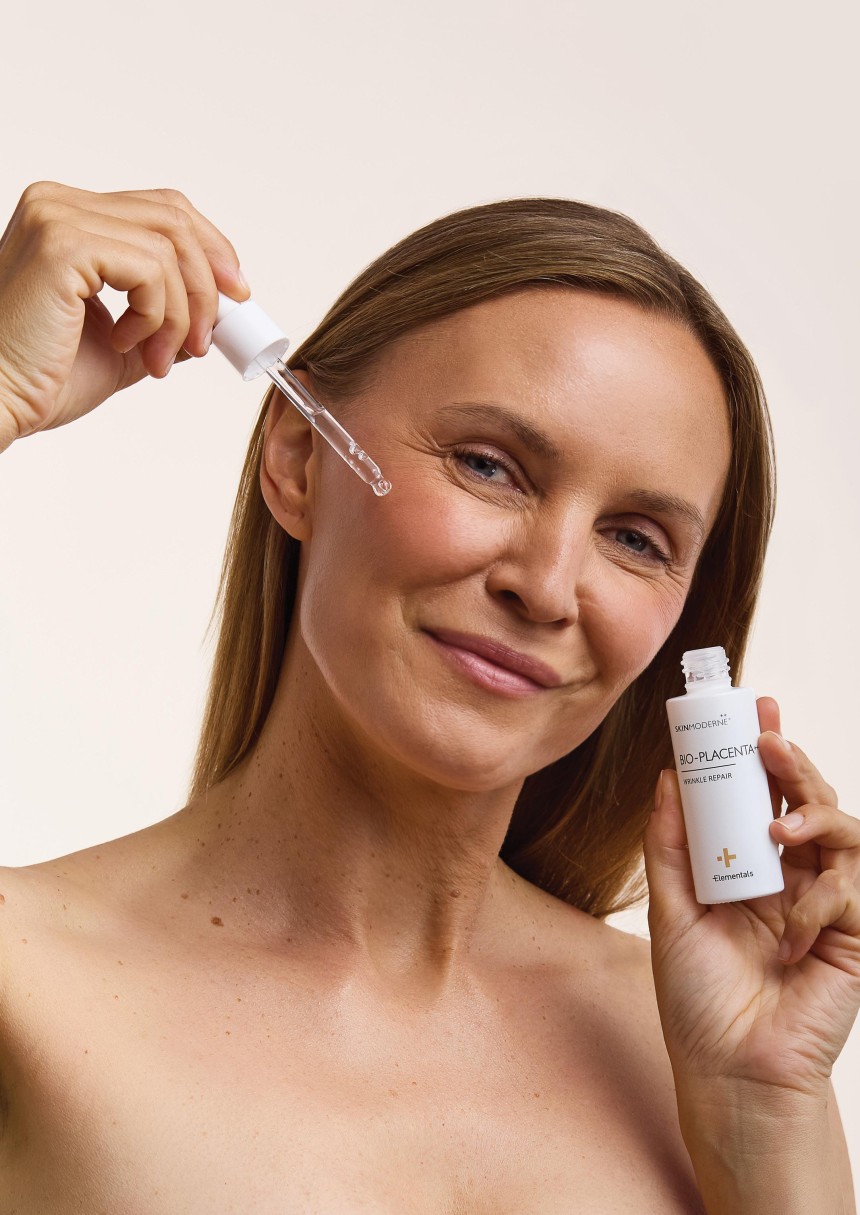
Many people who attempt this routine are not new to skincare. They are frequently veteranspe ople who have tried everything and now have worse skin than they had before. A sort of skin rehabilitation is promised by the caveman approach. A pause. a complete system restart.
Some claim that their texture smoothes, their breakouts become less severe, and their redness goes away. They talk about "letting skin breathe" and how natural oils can naturally rebalance. In certain instances, the skin appears to heal itself—without any help.
However, there is subtlety beneath the surface, as is the case with most popular beauty concepts.
The Danger of Minimalism Turning Into Neglect
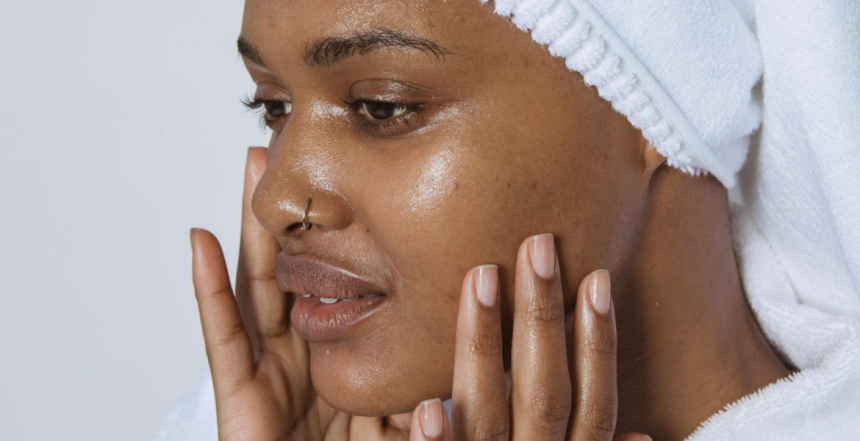
This is where things become complicated. Not everyone has healthy skin on their own. Ignoring cleaning can actually trap bacteria and sebum, leading to more breakouts for those with oily or acne-prone skin. Cleaning at night is also essential if you are wearing SPF (which you should), since otherwise you are allowing grime, sunscreen, and city air to marinate on your face.
Even sensitive or dry skin need some attention. If done properly, hydration, barrier repair, and mild washing can be calming rather than harmful.
In other words, some people may benefit from not washing their faces, depending on the situation. But for a lot of others, it is just a quick route to annoyance and congestion.
The Psychology of Everything
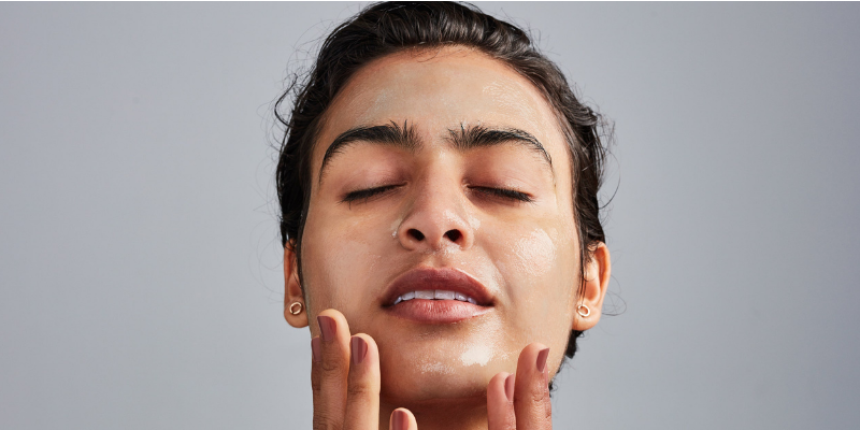
The concept has an indisputable romantic quality. There are hints of instinct, trust, and returning "to nature" in the caveman habit. It is an attitude as much as a skin approach. a rejection of 12-step programs, consumerism, and the never-ending quest for flawless skin.
We are not cavemen, though. We use makeup, face screens, stress, and contemporary hormones, and we live in polluted cities. Our skin may require a little more than air and time because it lives in a completely separate universe.
So, should you give it a try?
Going minimalist for a brief period of time may assist if your skin barrier is destroyed, everything you apply seems to burn or sting, or you are feeling hopeless and overwhelmed. Fast, think of it like a skin. Take it slow, though. Gently clean. Drink water when necessary. When your skin begins to whisper, "Help," listen to it and do not ignore it.
And keep in mind that going backward is not always necessary for healing. Sometimes it simply involves paying closer attention.


